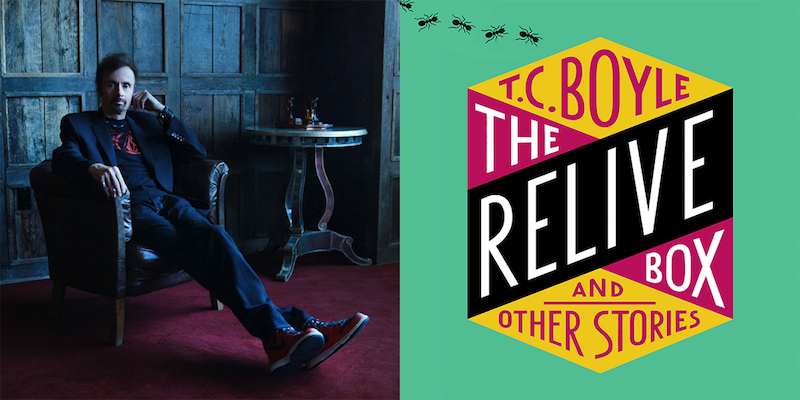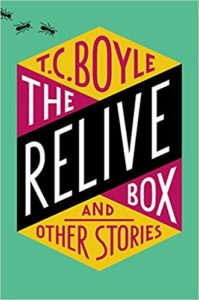

“[These stories] aren’t sweeping, Planet Earth–style panoramas—melting ice, forlorn polar bears, inexhaustible tempests—but rather, tiny, satirical tragicomedies about individual people. Before climate change, the great subject of Boyle’s fiction was narcissism, explored in novel-length portraits of megalomaniacs (Frank Lloyd Wright; John Harvey Kellogg; Alfred Kinsey) as well as smaller tales of ego and insecurity. That focus hasn’t changed with his eco-fictions; if anything, focusing on navel-gazers is what makes them interesting to read … In the past, his stories would sometimes shade into indulging the egos they purported to satirize. But in more ecological contexts they become bitter portraits of human folly: He uses male self-centeredness to explore species self-centeredness, showing how one almost always entails the other … In Boyle’s satires, anthropocentrism is tenacious: Like a virus, it consumes the host; like a species, it adapts to change; like the voice of the devil, it feeds on doubt. Somehow it becomes stronger, not weaker, when climate change beats on the thin walls of human self-conception—or when a force of nature shows up at the door and says we are more responsible than we think we are; we are less different, less exceptional, less human after all. It is a universal, baseline prejudice, one that, in Boyle’s fictions, shapes the feelings of selfish consumers and selfless activists alike. But being able to recognize it, he suggests—to see human self-involvement with brutal clarity—might be the only way to get beyond it.”
–Matt Margini, The Atlantic, December 27, 2017
Read more reviews of The Relive Box here

